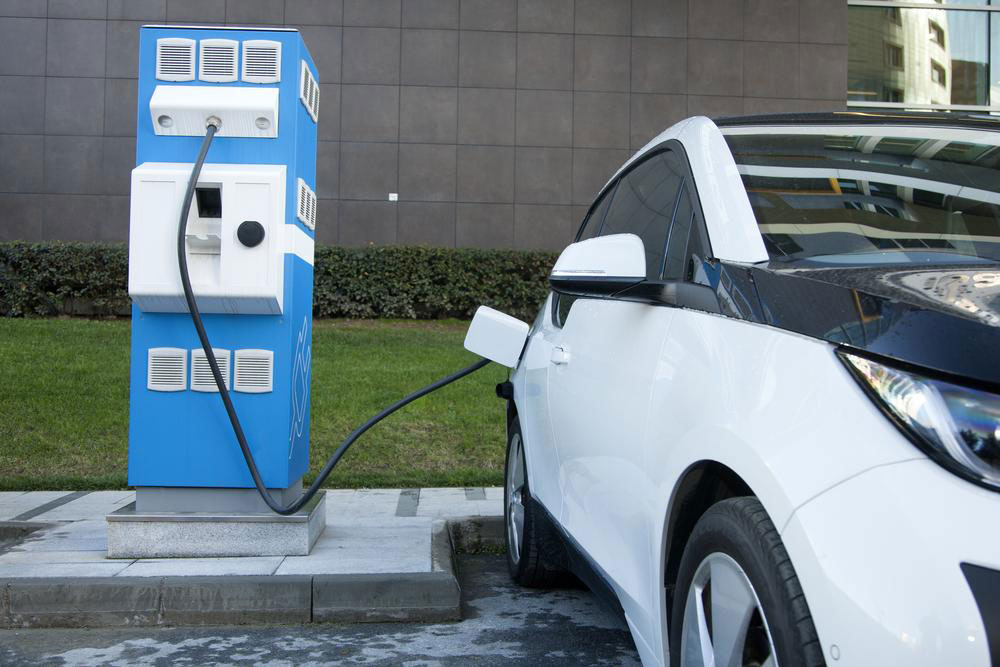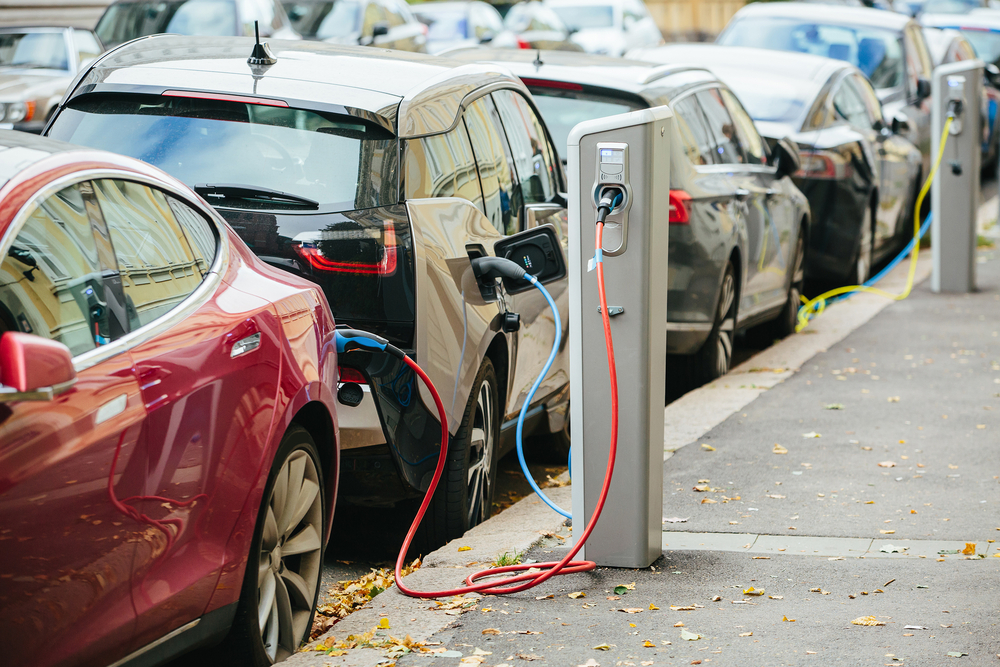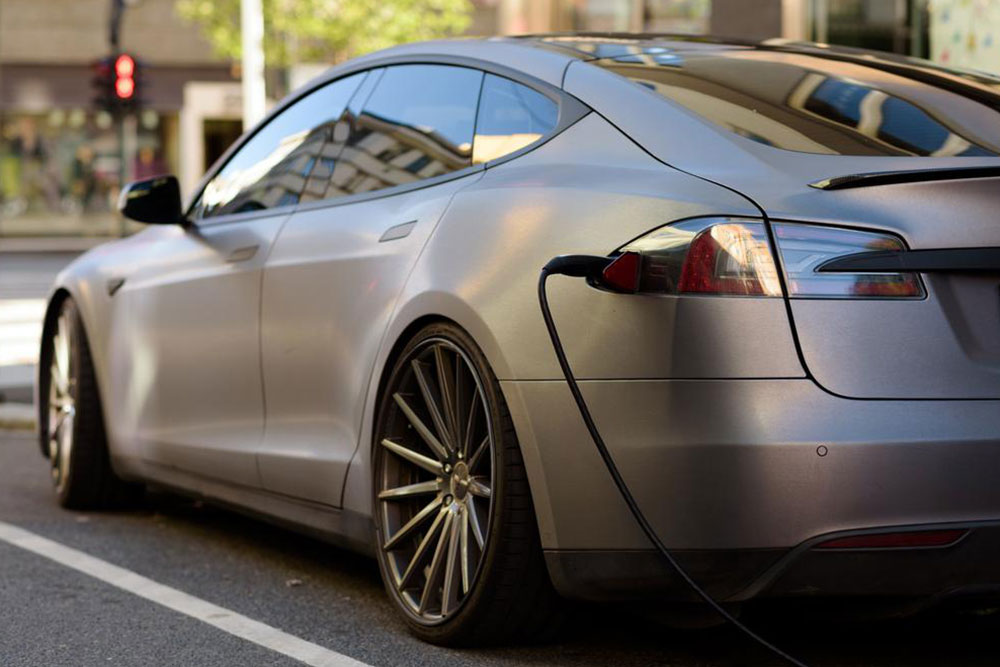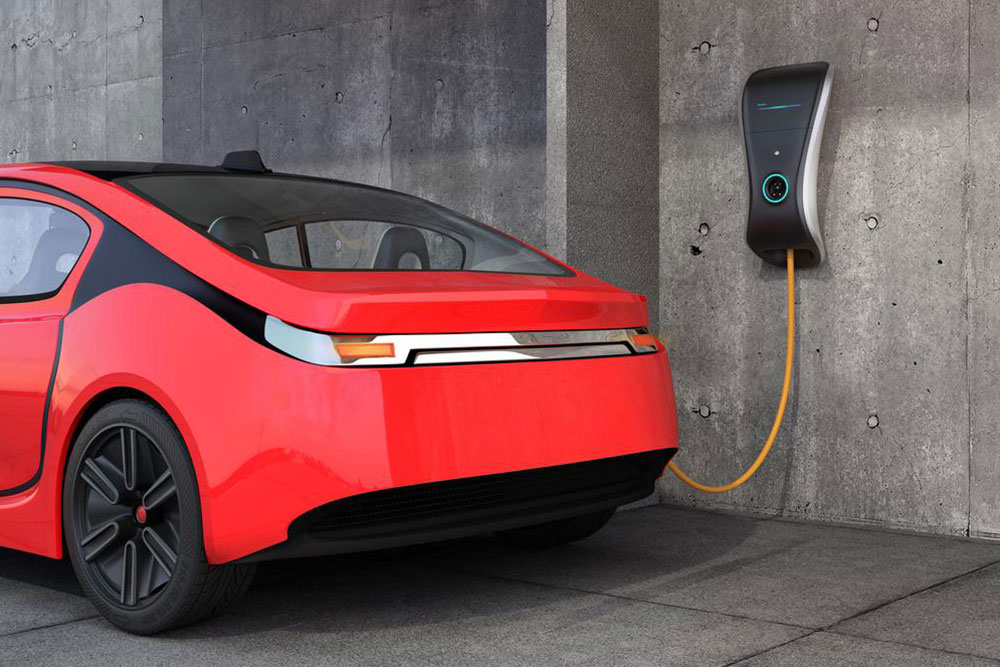In-Depth Insight into How Electric Vehicles Function and Their Advantages
This comprehensive article explores the inner workings of electric vehicles, emphasizing their environmental benefits, technological components, and comparisons with traditional gasoline-powered cars. It offers insights into how EVs operate, their advantages, and practical considerations for consumers. Perfect for those interested in sustainable transportation options, it covers performance, cost efficiency, and future potential of electric vehicles, making it essential reading for environmentally conscious drivers and technology enthusiasts alike.
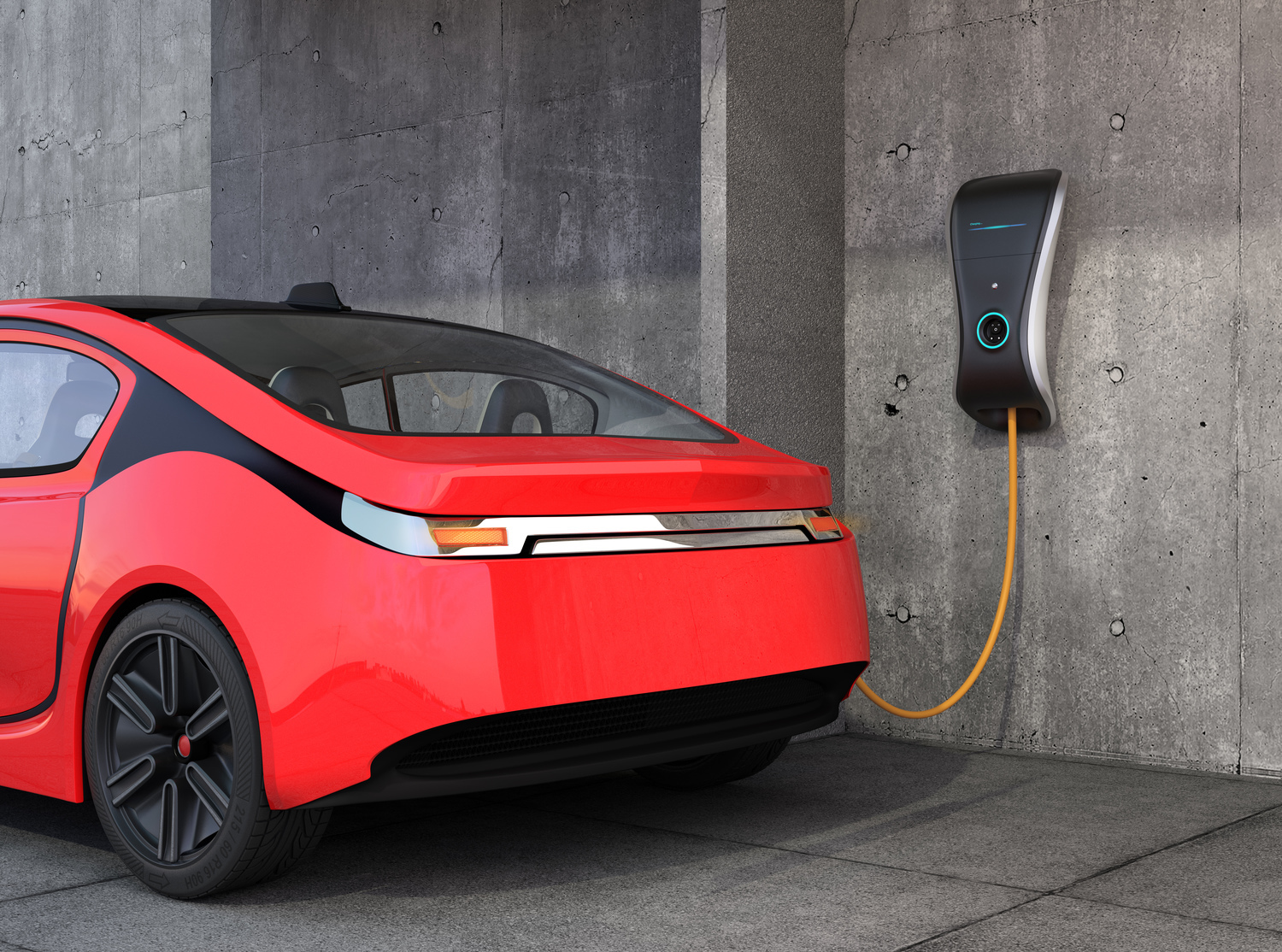
In-Depth Insight into How Electric Vehicles Function and Their Advantages
Electric vehicles (EVs) have a history rooted in innovations from the 19th century, with their modern resurgence driven by environmental concerns and advancements in battery technology. Unlike traditional combustion engine vehicles, EVs operate entirely on electric power, providing a cleaner, more sustainable transportation option. Their underlying technology, while modern now, has origins that date back to the early days of automotive development. The core of an EV is its dependable rechargeable battery system, which stores chemical energy and converts it into electrical energy through sophisticated electrochemical reactions to propel the vehicle.
One of the most significant advantages of electric vehicles is their zero-emission operation. During driving, EVs do not emit any tailpipe pollutants such as carbon monoxide, nitrogen oxides, or particulate matter, making them an environmentally friendly alternative to traditional gasoline-powered cars. Power for these vehicles is supplied solely by onboard batteries, which also support electronic systems like entertainment, navigation, and climate control systems, integrating multiple functions seamlessly.
Unlike conventional vehicles that depend on internal combustion engines with gas tanks and exhaust pipes, EVs feature a different internal architecture. The primary components of an electric vehicle include high-capacity batteries, electronic controllers, and electric motors—each playing a vital role in ensuring smooth, efficient operation. The batteries are typically lithium-ion, chosen for their high energy density and longevity. When the driver turns the ignition on, electrical current flows from the battery through the power management system to the electric motor, causing it to spin and propel the vehicle forward.
Voltage conversion components are essential in regulating the flow of electricity, ensuring optimal current delivery to the motor. The vehicle's controller acts as the brain of this system, adjusting power delivery based on driver inputs like acceleration or deceleration. A noteworthy feature of EVs is regenerative braking technology. During deceleration, instead of solely using traditional friction brakes, the vehicle captures kinetic energy and converts it back into electrical energy, recharging the battery—recovering as much as 15% of the energy that would otherwise be lost during braking.
In addition to the electric drive system, EVs incorporate standard vehicle features such as airbags, climate control, anti-lock brakes, and steering systems. The different types of electric motors used include DC brushless motors, prized for high top speeds; AC induction motors, favored for potent acceleration; and permanent magnet motors, known for high efficiency. These motor types contribute to the vehicle’s performance, making EVs suitable for various driving needs.
Electric Vehicles vs. Gasoline Cars: Comparing Key Aspects
Environmental Impact and Sustainability
Electric vehicles stand out for their environmental benefits, primarily because they can be powered through renewable energy sources such as solar, wind, or hydroelectric power. This significantly reduces their carbon footprint compared to gasoline engines, which rely on non-renewable fossil fuels. Burning gasoline releases high levels of pollutants like carbon dioxide, contributing to climate change and air pollution. EVs produce no tailpipe emissions, making them more sustainable for urban environments and regions striving for cleaner air.
Economic Considerations and Cost Efficiency
One of the compelling reasons for transitioning to electric vehicles is their cost effectiveness over their lifespan. Charging an EV is remarkably inexpensive, costing approximately 2 cents per mile, depending on local electricity rates. In contrast, traditional gasoline-powered vehicles generally burn fuel costing over 10 cents per mile. Additionally, electric vehicles tend to have lower maintenance needs since they have fewer moving parts, no oil to change, and less frequent brake repairs due to regenerative braking systems. Initially, EVs may have a higher purchase price, but savings on fuel and maintenance often offset this difference over time.
Performance, Speed, and Driving Experience
Electric cars excel in delivering instant torque, which allows for rapid acceleration and a smooth driving experience. Many EVs can reach speeds of 100 miles per hour or more comfortably. Some high-performance models, such as those designed for sporty driving, can surpass 300 mph, showcasing the impressive capabilities of electric motors. The driving experience is often quieter and more refined due to the absence of engine noise and vibration typical of internal combustion engines.
Refueling vs. Recharging: Time and Convenience
Refueling gasoline vehicles is straightforward and quick—taking approximately 5 minutes to fill up the tank at a gas station. In contrast, recharging an electric vehicle depends on the type of charging station and battery size. Standard home chargers typically take 6-8 hours for a full recharge, making overnight charging a practical solution. Fast chargers are available that can supply an 80% charge in approximately 30-45 minutes, thus improving convenience for drivers on long trips. As charging infrastructure expands, the time required to recharge EVs continues to diminish, making electric mobility more practical for everyday use.
Overall, electric vehicles offer a compelling alternative to traditional gasoline cars, with significant benefits in environmental sustainability, cost savings, and driving performance. As technology progresses and infrastructure improves, EVs are poised to become the dominant mode of personal transportation, leading to a cleaner and more energy-efficient future.
